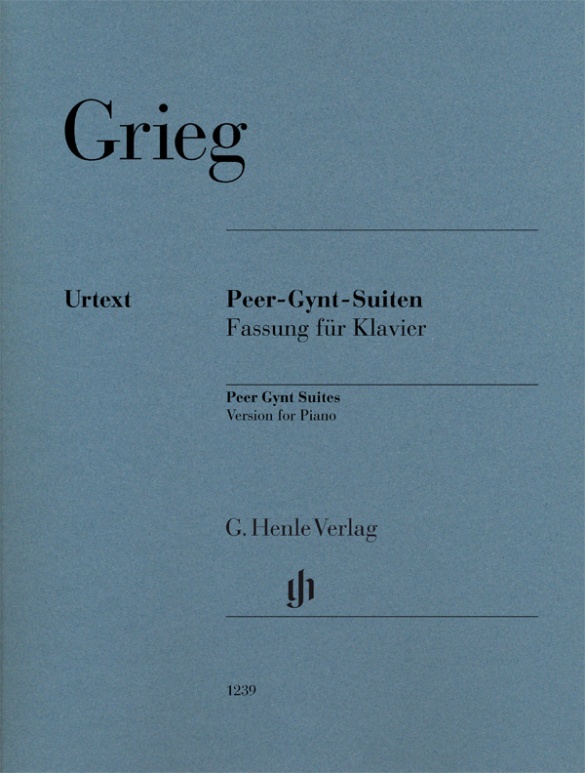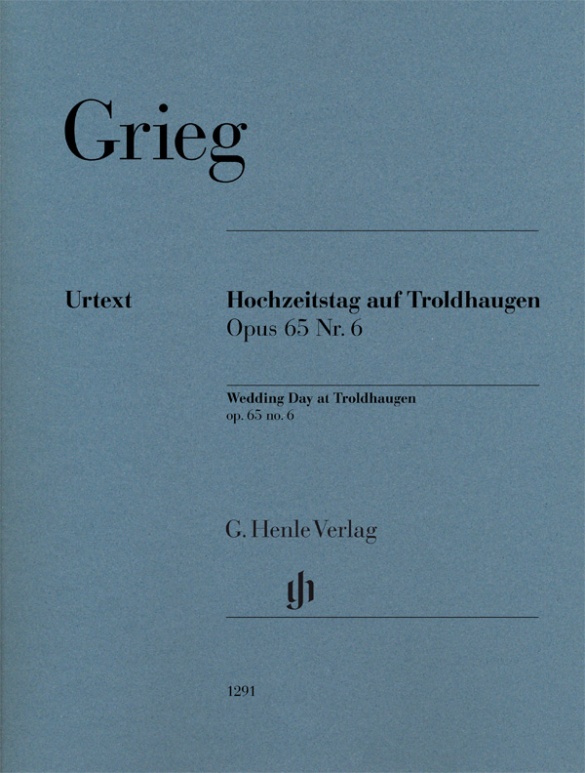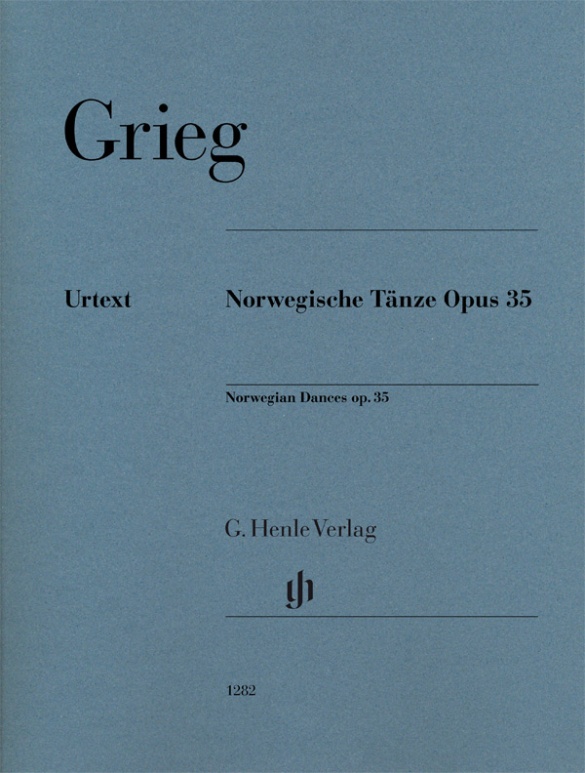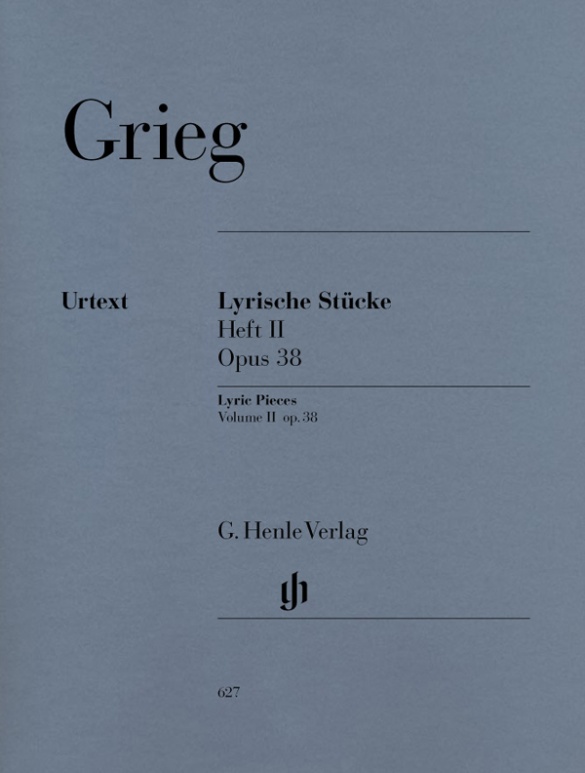

Edvard Grieg
Lyric Pieces Volume II, op. 38
Grieg’s second book of Lyric Pieces was published 16 years after its predecessor, but immediately reprised the huge success of the former collection. Interestingly enough, the original title pages of the first books still make mention of “Little Pieces”.While the reference to simplicity and brevity still applies to Book One, in the second book it was already being questioned: the pieces here are longer, weightier and more technically demanding.
Content/Details
About the Composer
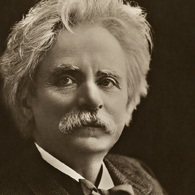
Edvard Grieg
Most important Norwegian composer of the nineteenth century and promoter of Norwegian folk music. His lyrical character pieces in particular are well known.
| 1843 | Born in Bergen on June 15, the son of a merchant and British consul; early piano lessons with his mother, who was a pianist. |
| 1858–62 | Studies at the Leipzig Conservatory. |
| 1862 | Concerts in Norway. |
| 1863 | Copenhagen, with the support of Niels W. Gade. |
| from 1864 | Interest in Norwegian folk music, which finds its way into his compositions. |
| 1866 | Breakthrough with a concert of Norwegian music. Conductor of the Philharmonic Society. |
| 1867 | The first of a total of ten volumes of Lyric Pieces for piano, Op. 12, with relatively simple piano settings. |
| 1868/69 | Composition of the Piano Concerto in A minor, Op. 16, which is based on Schumann’s piano concerto. |
| 1869 | “25 Norwegian Folk Melodies and Dances,” Op. 17, for piano. |
| 1873 | Begins work on the opera “Olav Trygvason,” Op. 50, after Bjørnson, which is never completed. |
| 1874 | Composition stipend from the state. |
| 1874/75 | Composition of incidental music to Ibsen’s “Peer Gynt,” Op. 23, the basis for the Peer Gynt Suites. |
| 1876 | Attends the premiere of Wagner’s “Der Ring des Nibelungen” in Bayreuth. |
| 1880–82 | Conductor of the “Harmonien” musical society in Bergen. Thereafter he accepted no other positions. |
| 1883 | Visit to Bayreuth; he hears Wagner’s “Parsifal.” |
| 1884 | Composition of “From Holberg’s Time,” Op. 40, his most popular work. |
| from 1885 | He moves into his villa “Troldhaugen” (near Bergen). Composition and revision of older works in spring and summer, concert tours in fall and winter. |
| 1891 | Composition of the “Lyric Suite,” Op. 54, orchestrated in 1905. |
| 1907 | Death in Bergen on September 4. |
About the Authors

Ernst-Günter Heinemann (Editor)
Dr. Ernst-Günter Heinemann, born in 1945 in Bad Marienberg (Westerwald), completed his schooling in Gießen and read musicology, philosophy and German in Marburg and Frankfurt/Main and also for some time Protestant church music. He did his doctorate on “Franz Liszts geistliche Musik. Zum Konflikt von Kunst und Engagement”.
From 1978–2010 Heinemann worked as an editor at G. Henle Publishers (in 1978 in Duisburg, from 1979 onwards in Munich). He edited a great many Urtext editions for the publishing house, including “Das Wohltemperierte Klavier”, Volume 1 by Bach and all of Debussy’s piano works. In addition, he wrote essays on Debussy, Grieg, Liszt, Mendelssohn and questions concerning general editing, as well as giving seminars on editorial practice for musicology students in Munich.
Product Safety Informations (GPSR)

G. Henle Verlag
Here you can find the information about the manufacturer of the product.G. Henle Verlag e.K.
Forstenrieder Allee 122
81476 München
Germany
info@henle.de
www.henle.com
Inhalt: außergewönlich (5 Sterne)Druck: außergewönlich (5 Sterne)Layout: außergewönlich (5 Sterne)
Music Manualrecommendations
autogenerated_cross_selling
Further editions of this title
Further editions of this title


